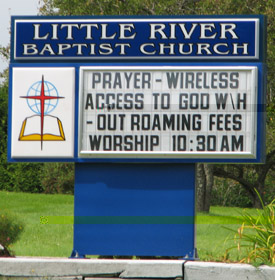You’re probably waiting for a punchline, but this is not a joke. Rather, it was a panel discussion topic of a continuing education program for rabbis in which I was involved last week. (You can read more about the program in Jewish Theological Seminary Chancellor Arnie Eisen’s most recent blog post.) The issue underlying the program was the challenge of engaging younger generations, weaned on social media, in Jewish learning that is spiritually relevant and authentic. Other professions, like broadcast and print media, have had to migrate to multiple channels to reach out to and cultivate younger audiences. And that’s also true of the museum world.
For religious communities, which are conservative by nature, the challenge of engagement is even greater. No matter what the religion or denomination, religions are in the business of preservation, transmission, adaptation and trying to remain faithful to an inherited tradition. Yet, America is the land of hyper-innovation. So, Ali Velshi, CNN anchor and chief business correspondent, and Michael Rosenzweig, President and CEO of the National Museum of American Jewish History in Philadelphia, gave us their respective perspectives on this challenge.
What’s the common thread that unites these three different professions? (more…)
